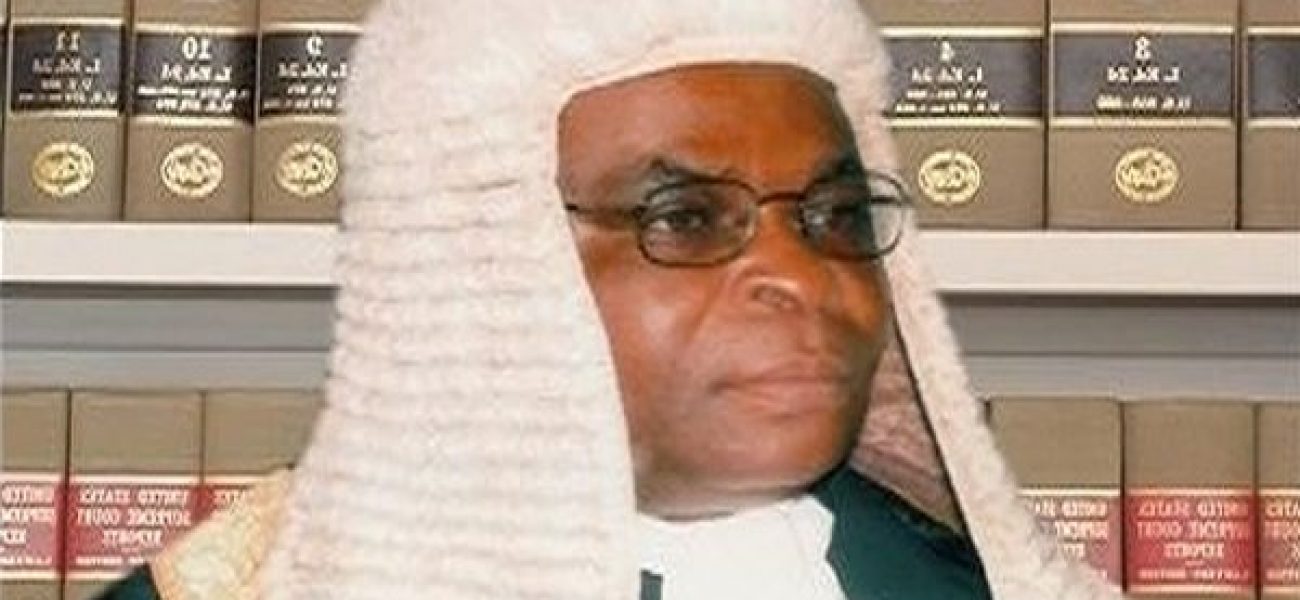The Senate will consider the Presidency’s recommendation of Justice Walter Onnoghen’s as the next Chief Justice of Nigeria (CJN) after Acting Vice President Yemi Osibanjo averted a potential legal crisis by forwarding the name of the learned justice to the chamber on 7th February 2017. As a departure from the norm, President Buhari had sworn in Justice Onnoghen in an acting capacity on 10th November 2016, despite the recommendation of the National Judicial Council who recommended his appointment as Chief Justice of Nigeria in October 2016 being the most senior justice of the Supreme Court and the vacancy of the office of CJN as required under Section 231 of the 1999 Constitution.
In Nigeria although the vacancy of the Chief Justice of Nigeria is customarily accorded to the most senior Supreme Court Justice, the initial swearing in of Justice Walter Onnoghen as Acting Chief Justice of Nigeria and the prolonged delay by the President in forwarding his name to Senate, were suspiciously viewed as an abnormally by a cross-section of society. If the Senate confirms Justice Walter Onnoghen, who is from Cross Rivers State, he will be the first Chief Justice of Nigeria from the South in 30 years. His supporters had canvassed fears that the President intentionally wanted to activate a three months limitation period that would bar the Acting CJN from being appointed as the substantial Chief Justice of Nigeria. This is because under section 231(5) of the 1999 Constitution the appointment of an acting Chief Justice Of Nigeria terminates three months after the date of his inauguration (which was in this case November 10th) and cannot be renewed except on the recommendation of the National Judicial Council.
Legislators from Cross Rivers State, most notably Senator John Enoh had also called on President Buhari to grant Justice Onnoghen his “earned position”. Furthermore, the National Judicial Council appeared to have been placed in an awkward situation since it had already recommended Justice Walter Onnoghen as substantive Chief Justice of Nigeria and not in acting capacity in October 2016. Others viewed the act of the President as an attempt to further weaken the judiciary. It will be recalled that the President had come under severe criticism after the Department of State Security Services had invaded the homes of some judges in October 2016 on grounds of corruption.
However, the Acting President’s forwarding of the nomination of Justice Onnoghen three days before the expiration of his three-month limitation period has doused the fears expressed above. His appointment however remains tentative and subject to Senate’s final confirmation when it resumes plenary.

